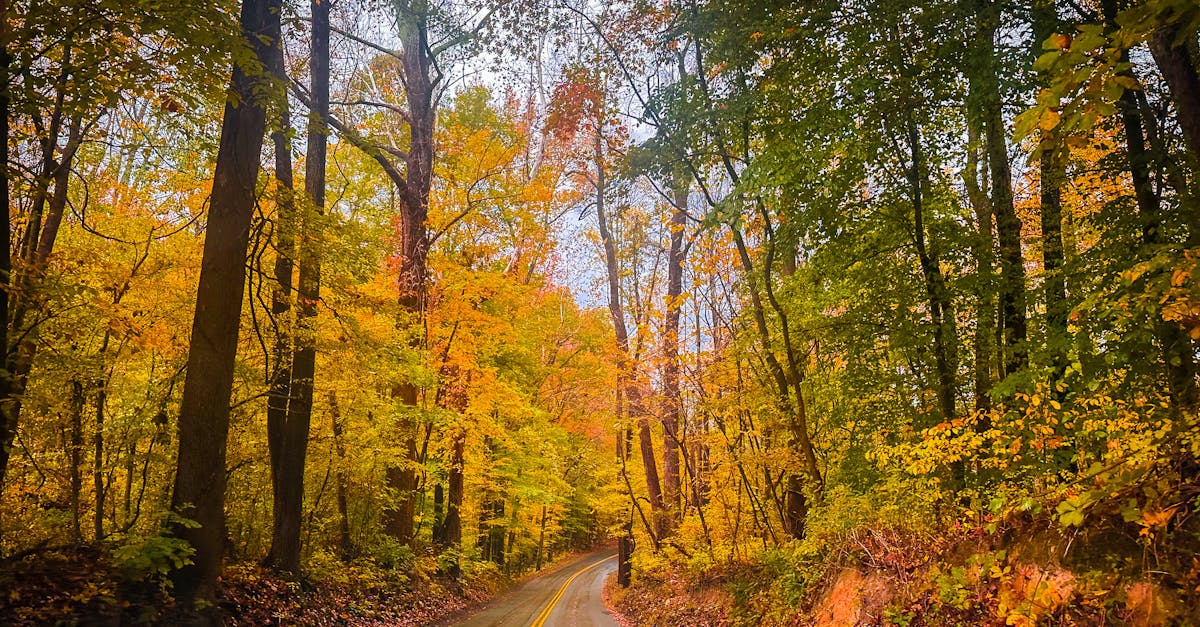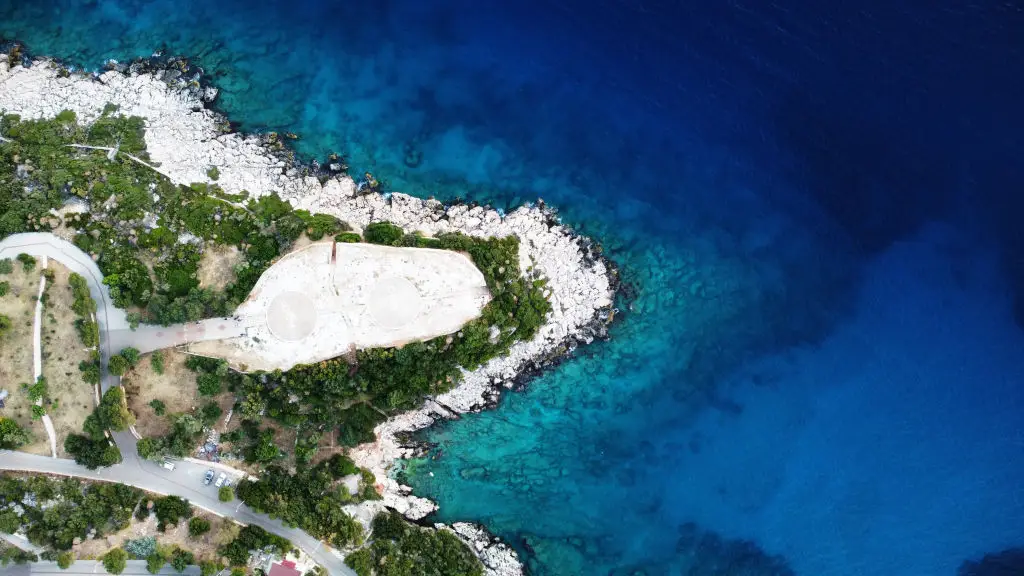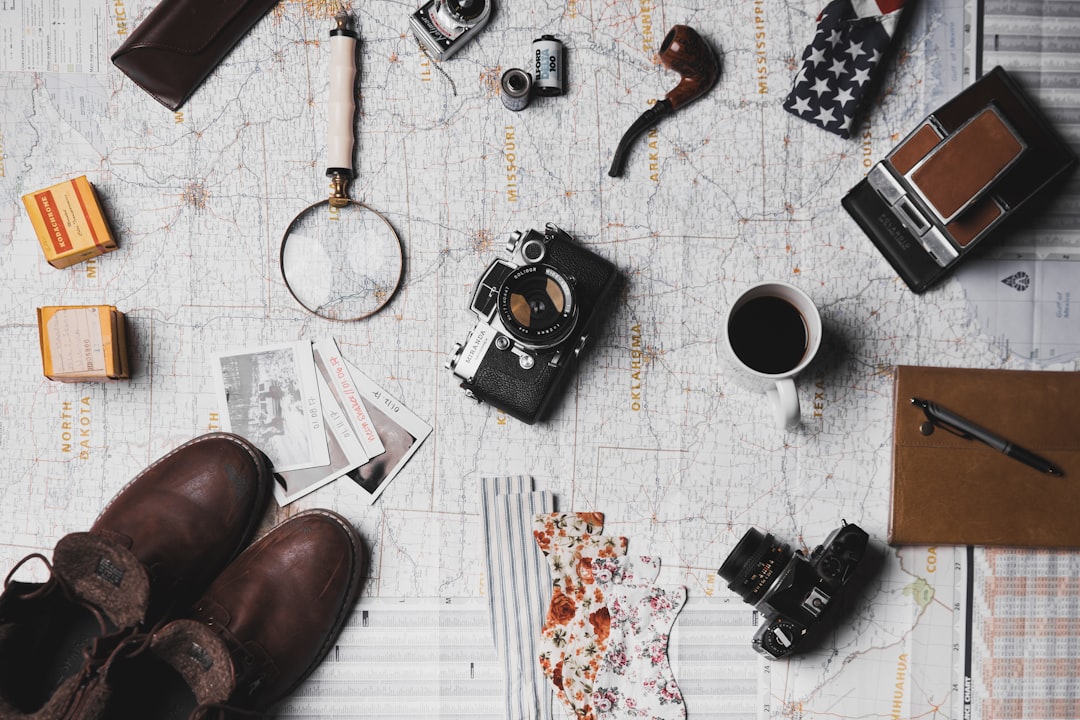Beyond Earth: The Next Frontier in Tourism and How to Prepare for It
As humanity stands on the brink of a new era, space tourism is no longer a distant dream but an emerging reality. With companies like SpaceX, Blue Origin, and Virgin Galactic leading the charge, the prospect of ordinary people venturing beyond Earth's atmosphere is becoming increasingly feasible. This burgeoning industry promises not only to redefine travel but to expand our understanding of the universe and our place within it. However, preparing for such an extraordinary journey requires more than just enthusiasm and a ticket. This article explores 11 astonishing ways to prepare for your future adventure into space tourism, ensuring that when the time comes, you are ready to embark on this remarkable voyage beyond Earth. Let's begin!
1. Understanding the Fundamentals of Space Travel
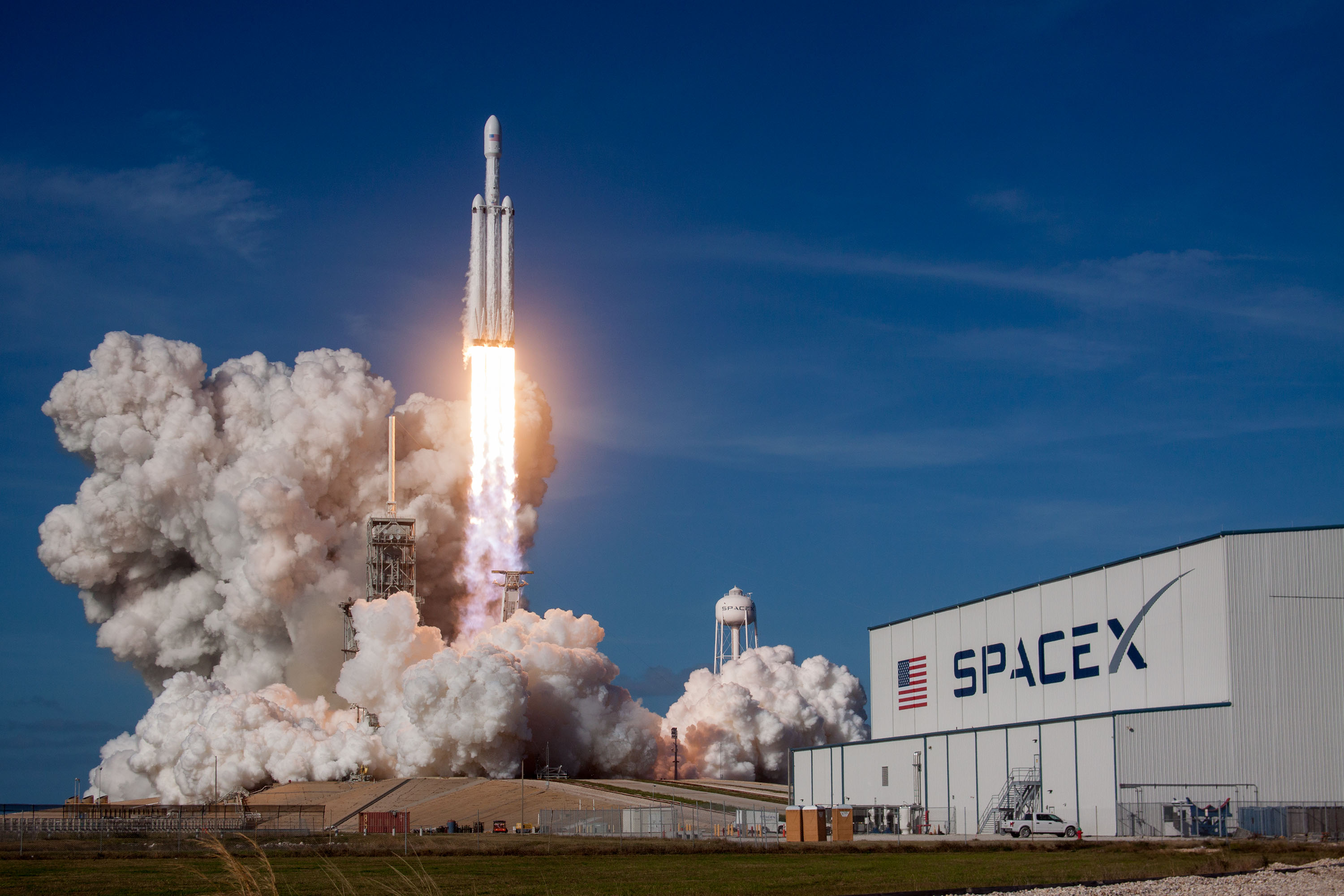
Before embarking on a journey beyond our planet, it's crucial to grasp the basic principles of space travel. This includes understanding the physics of rocket launches, the mechanics of entering and exiting Earth's atmosphere, and the challenges of microgravity. Familiarizing yourself with these concepts will not only enhance your appreciation of the journey but also prepare you for the physical and mental demands of space travel. Various online courses and resources offer insights into the science behind space exploration, providing a solid foundation for any aspiring space tourist. Additionally, understanding the history of space travel, from the Apollo missions to the International Space Station, can provide valuable context and inspiration.
2. Physical and Mental Conditioning
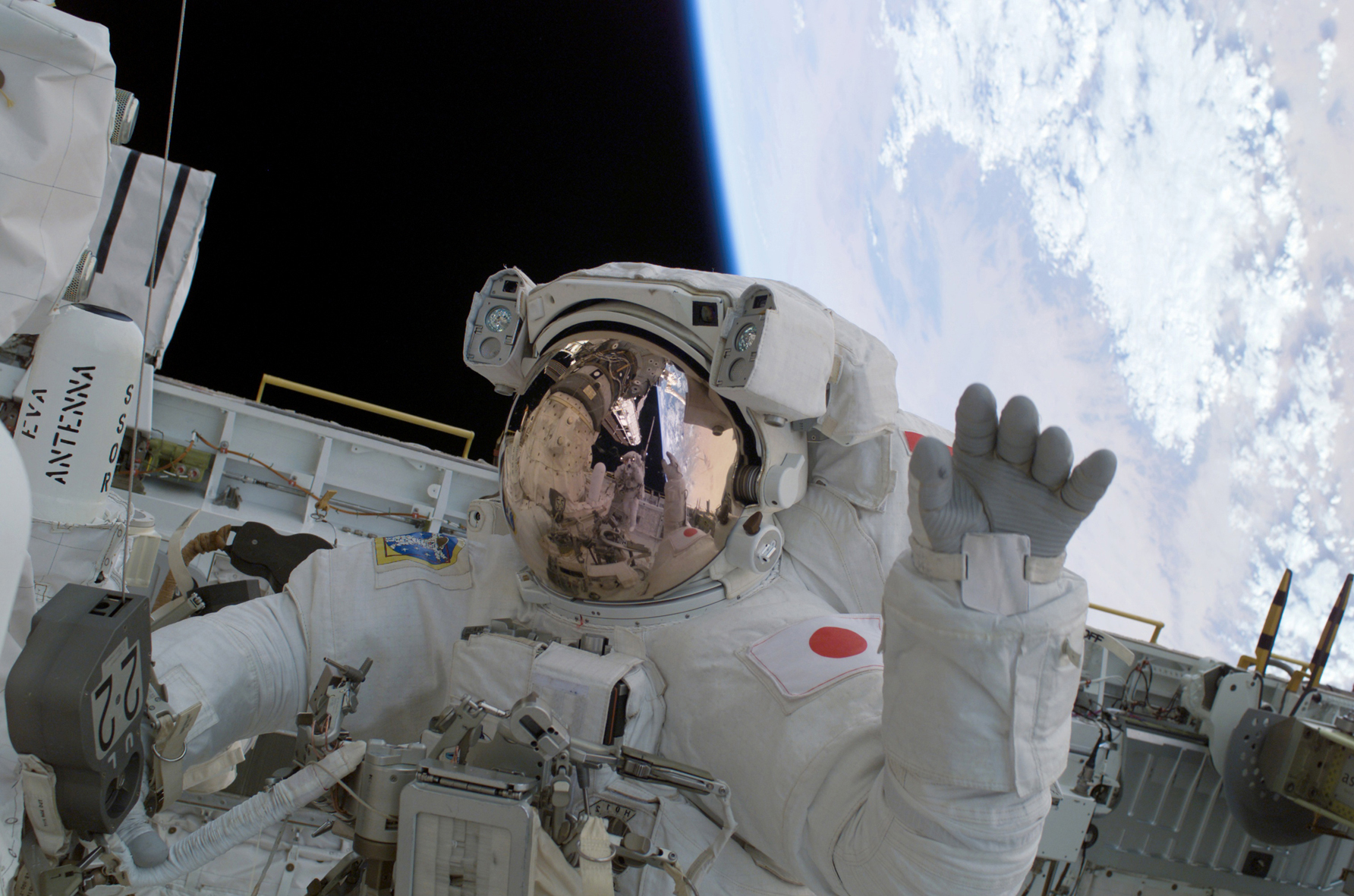
Space travel is physically demanding, and preparing your body and mind is essential. Astronauts undergo rigorous training to withstand the effects of microgravity, such as muscle atrophy and bone density loss. While tourists won't require the same level of conditioning, maintaining a high level of fitness is beneficial. Engaging in exercises that improve cardiovascular health, strength, and flexibility can help prepare your body for the unique challenges of space. Equally important is mental preparation. The isolation and confinement of space travel can be psychologically taxing. Techniques such as meditation, mindfulness, and stress management can enhance mental resilience, ensuring you're ready for the emotional challenges of space tourism.
3. Gaining Knowledge of Spacecraft Systems
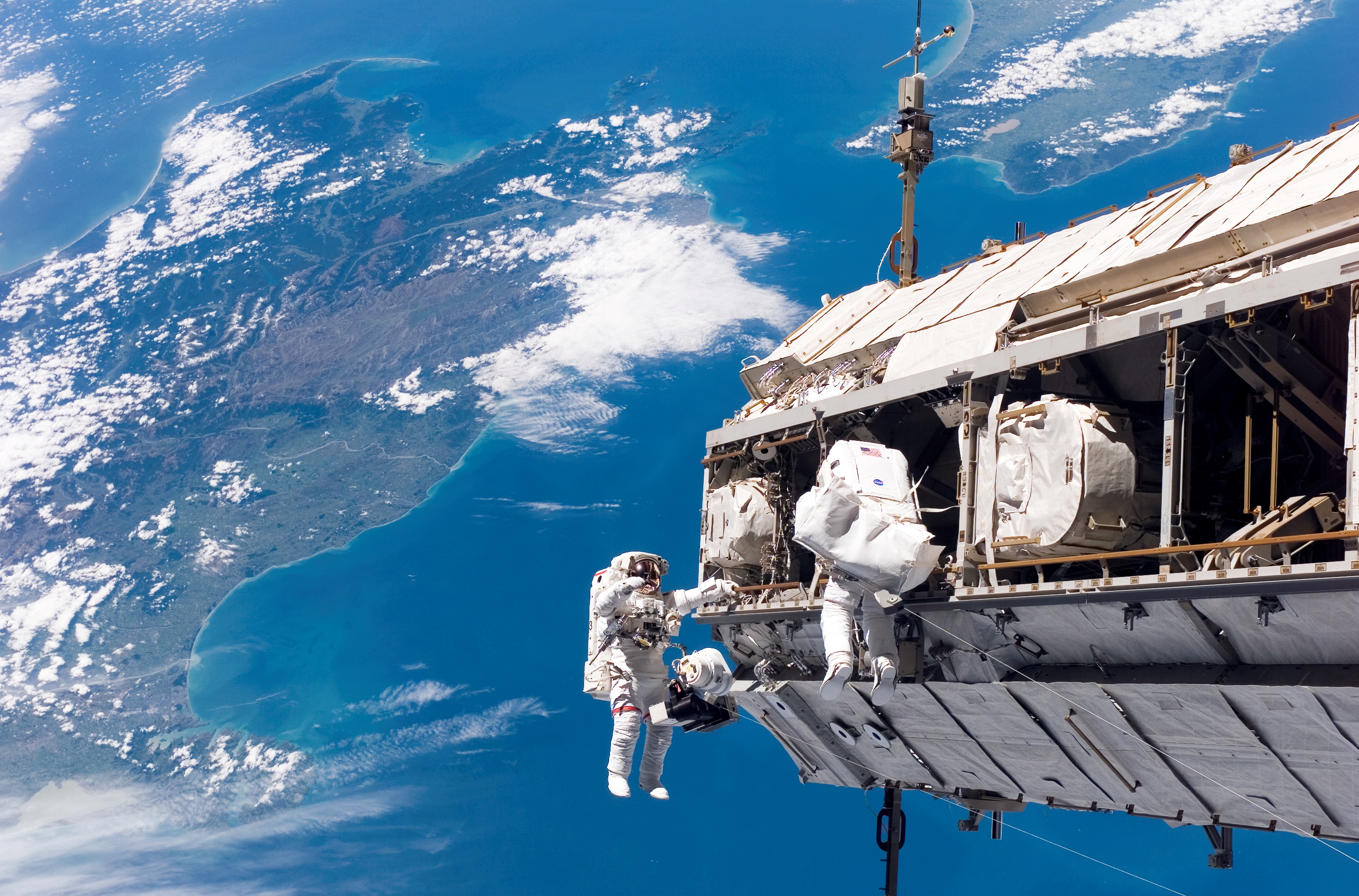
Understanding the spacecraft you'll be traveling in is not only fascinating but also practical. Familiarizing yourself with the layout, life-support systems, and emergency protocols of your spacecraft can enhance your safety and comfort. Many space tourism companies offer pre-flight training sessions that cover these aspects, providing hands-on experience with the equipment and systems you'll encounter. Additionally, learning about the technological advancements that make space tourism possible, such as reusable rockets and advanced life-support systems, can deepen your appreciation of this cutting-edge field. This knowledge not only prepares you for your journey but also enriches your overall experience.
4. Experiencing Microgravity
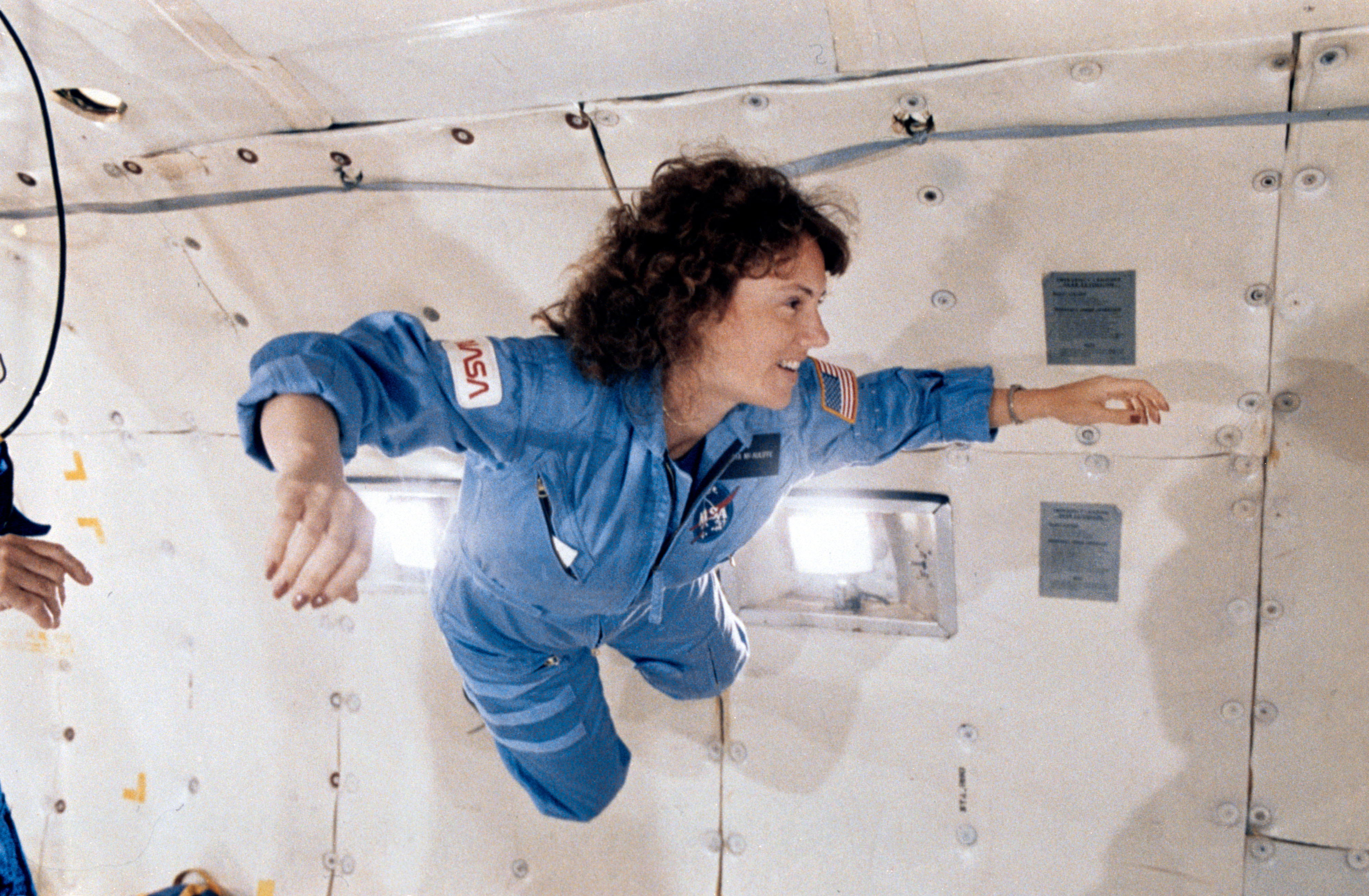
One of the most unique aspects of space travel is experiencing microgravity, where the sensation of weightlessness can be both exhilarating and disorienting. To prepare, consider participating in zero-gravity flights, often referred to as "vomit comets," which simulate the weightless environment of space. These flights provide an opportunity to acclimate to the sensation and practice moving, eating, and conducting basic tasks in a microgravity environment. Additionally, understanding the physiological effects of weightlessness, such as fluid redistribution and vestibular changes, can help you anticipate and manage these sensations during your space adventure.
5. Learning About Space Nutrition
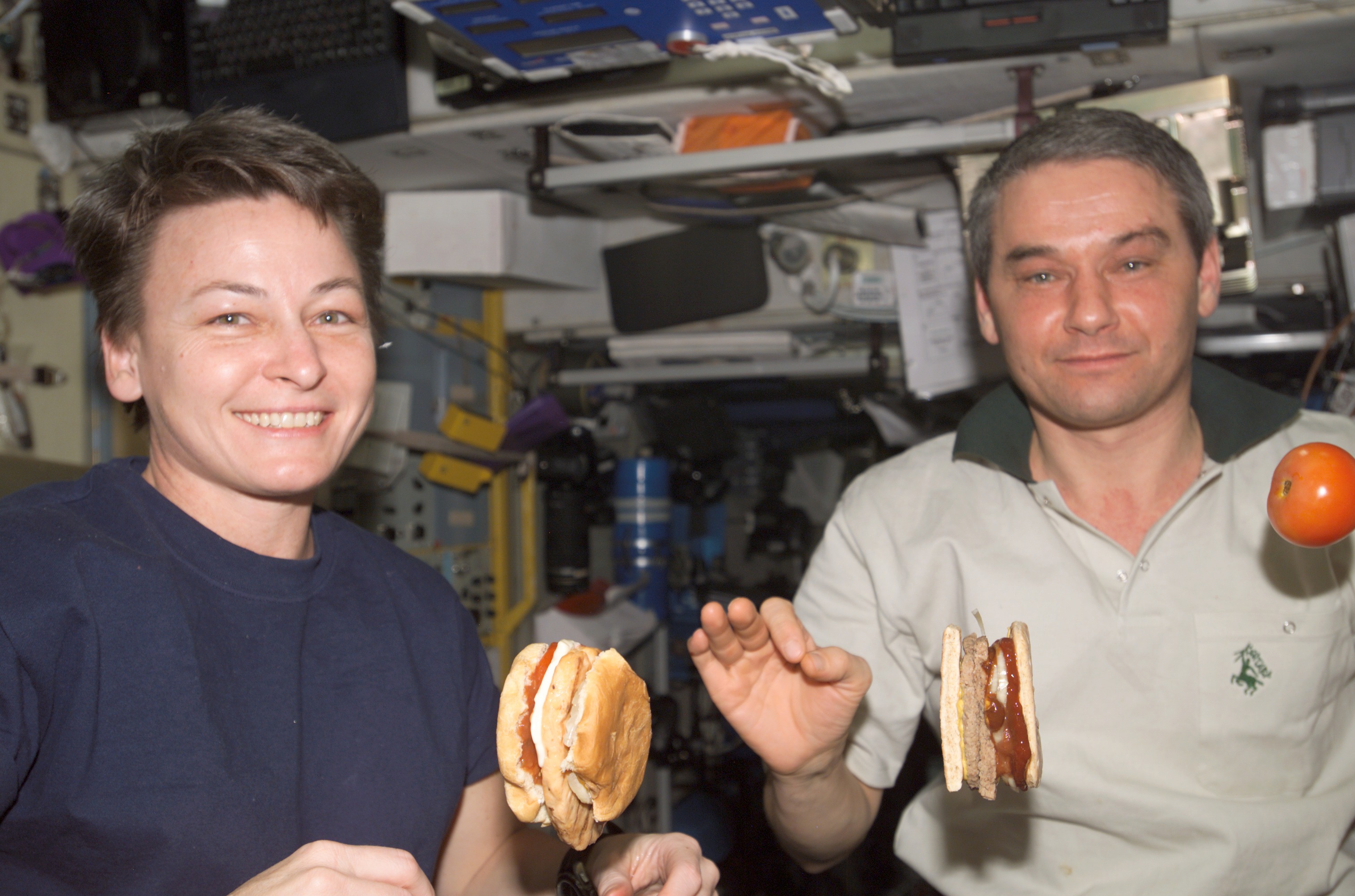
Nutrition plays a crucial role in maintaining health and performance during space travel. Space tourists must adapt to a different dietary regime, as traditional cooking methods are not possible in microgravity. Understanding the principles of space nutrition, including the types of food available, their nutritional content, and how they are prepared and consumed, is essential. Many space agencies provide detailed information on space diets, which emphasize balanced nutrition to counteract the effects of microgravity on the body. Preparing yourself for these dietary changes can enhance your comfort and well-being during your journey.
6. Familiarizing Yourself with Space Habitats
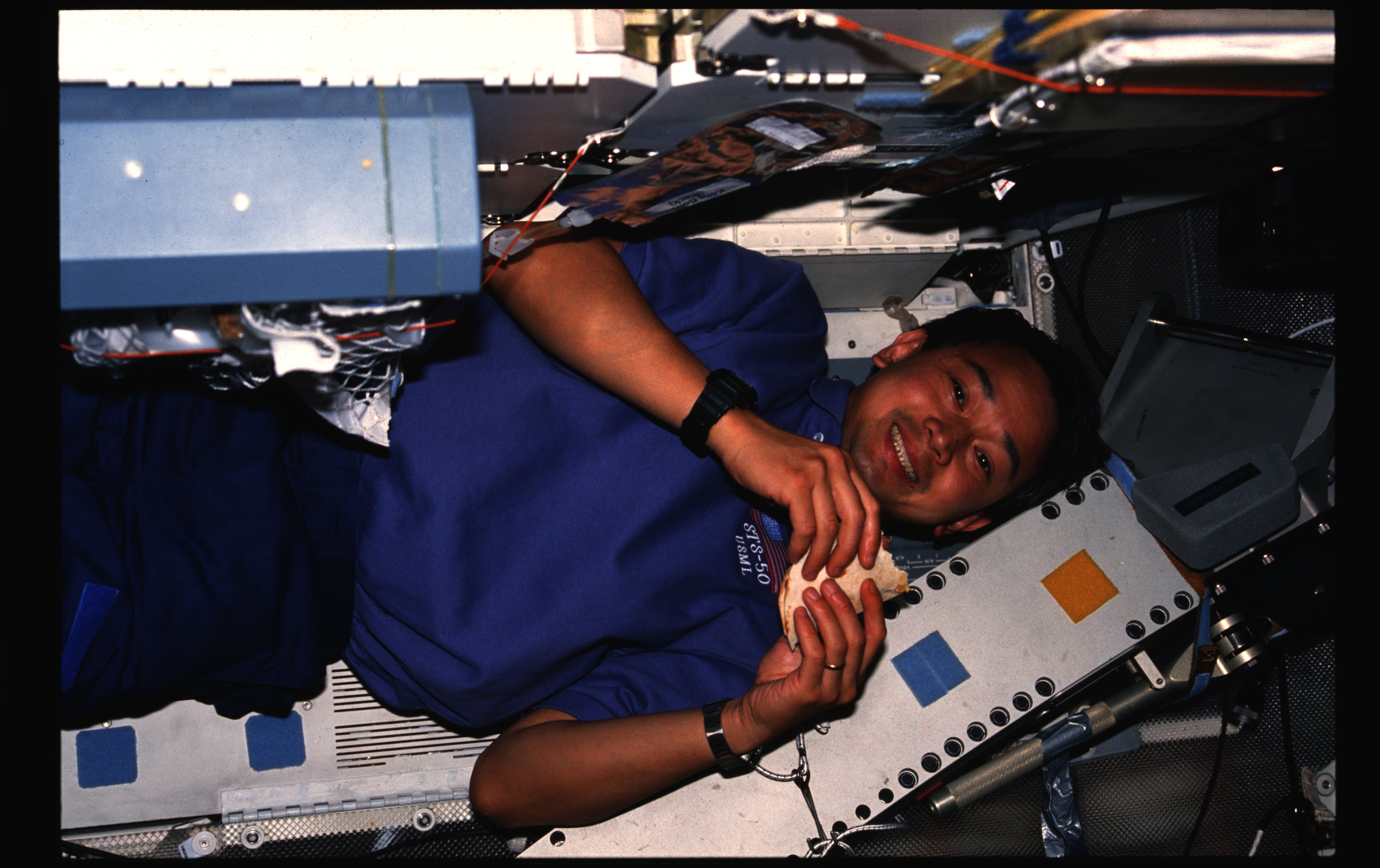
Space habitats, whether aboard a spacecraft or a space station, are designed to support human life in the harsh environment of space. Understanding the design and functionality of these habitats is crucial for a successful space tourism experience. This includes learning about the living quarters, hygiene facilities, and recreational areas, as well as how these spaces are maintained. Virtual reality tours and simulations can provide an immersive experience, allowing you to explore these habitats from the comfort of your home. This familiarity can ease the transition to living in space and enhance your overall experience.
7. Exploring Celestial Navigation
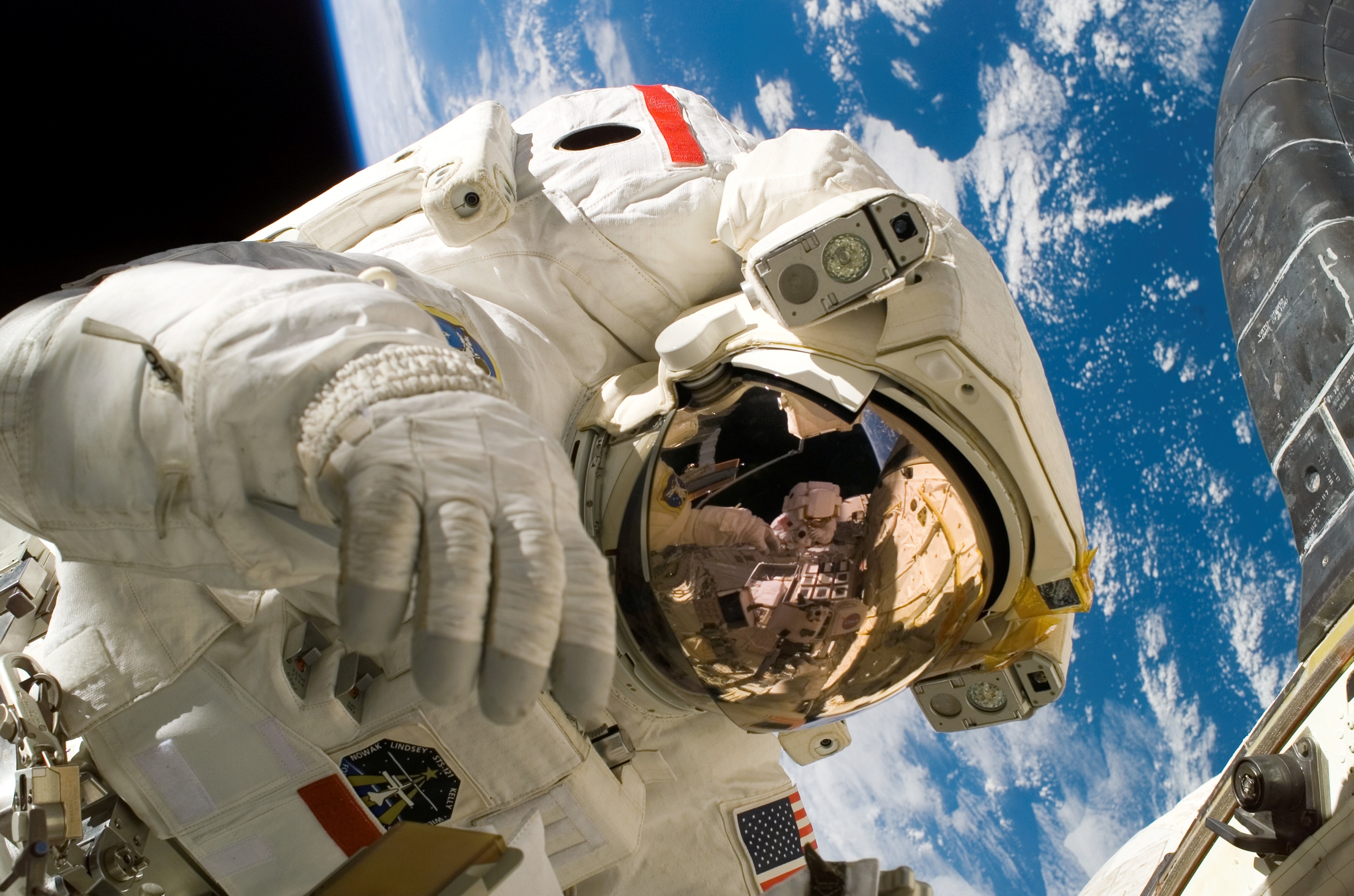
Navigating in space is vastly different from terrestrial travel. Familiarizing yourself with celestial navigation, the art of navigating by the stars, can enrich your space tourism experience. Understanding the constellations, planets, and other celestial bodies visible from space can provide a deeper connection to the universe and enhance your appreciation of the journey. Many resources, including planetarium software and astronomy apps, can help you learn the basics of celestial navigation. This knowledge not only prepares you for your adventure but also transforms the vastness of space into a familiar and awe-inspiring landscape.
8. Environmental and Ethical Considerations
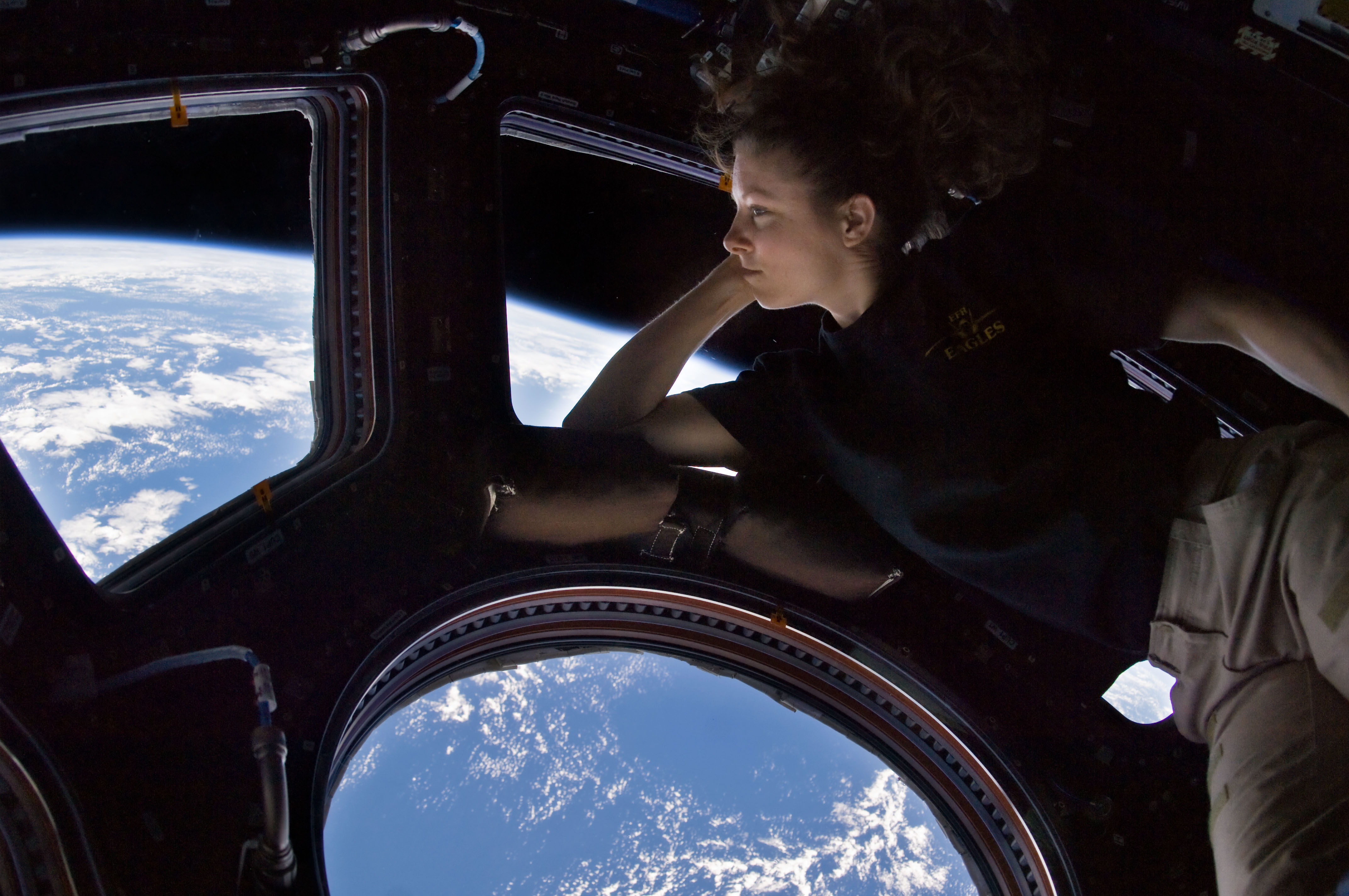
As space tourism becomes more prevalent, understanding the environmental and ethical implications is essential. The launch and operation of spacecraft have environmental impacts, including carbon emissions and space debris. Being informed about these issues and supporting companies that prioritize sustainable practices can help mitigate the negative effects of space tourism. Additionally, ethical considerations, such as the impact on scientific research and the preservation of celestial bodies, are crucial. Engaging in discussions and staying informed about these topics ensures that your space adventure is not only thrilling but also responsible and sustainable.
9. Embracing the Cultural Impact of Space Exploration
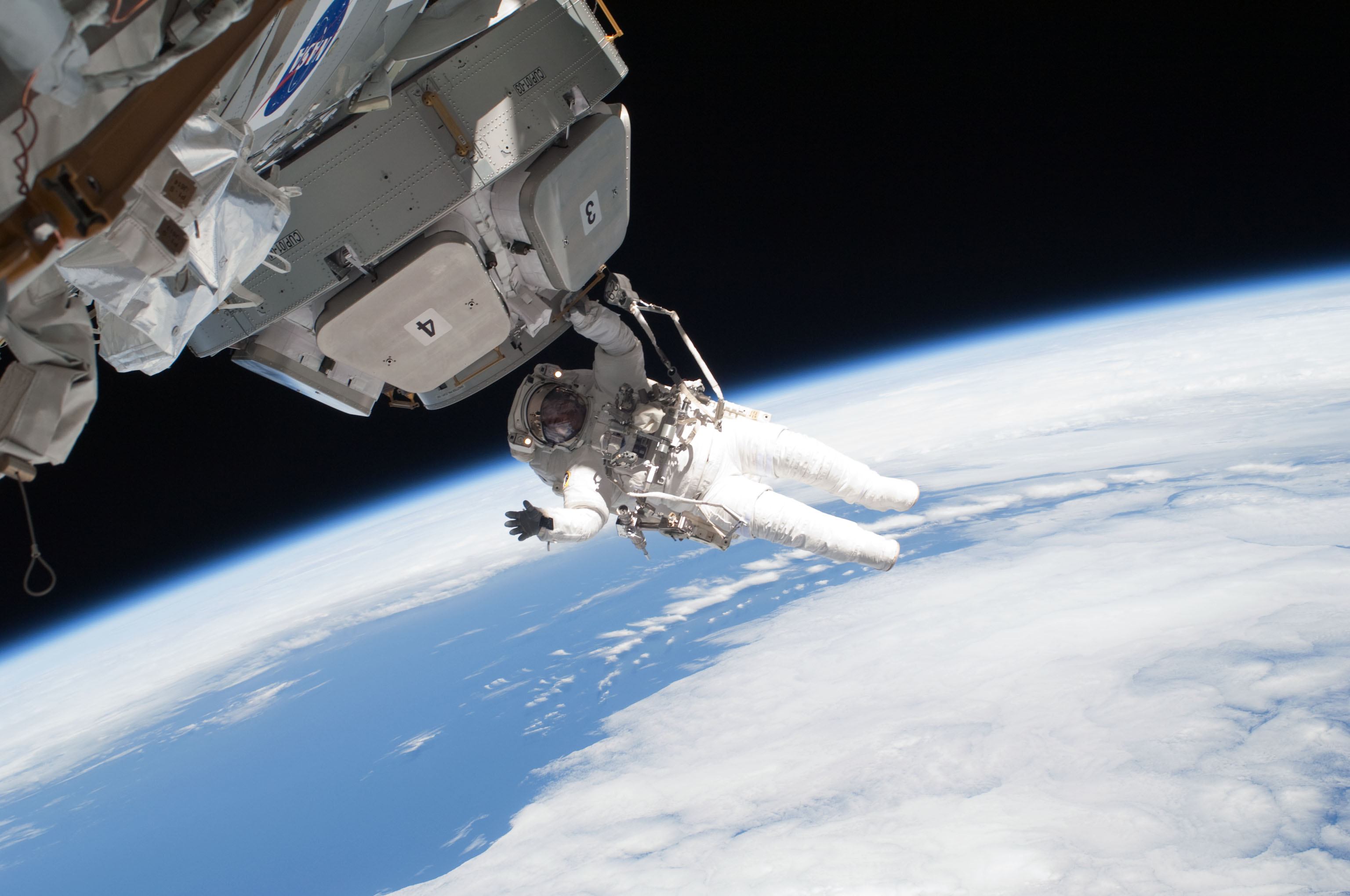
Space tourism offers a unique opportunity to reflect on our place in the universe and the cultural implications of space exploration. Understanding how different cultures perceive space and the cosmos can enrich your experience and provide a global perspective on this monumental journey. Engaging with art, literature, and media that explore themes of space travel can deepen your appreciation of the cultural significance of this new frontier. This cultural awareness not only enhances your personal experience but also contributes to a broader understanding of space as a shared human endeavor.
10. Preparing for the Unknown
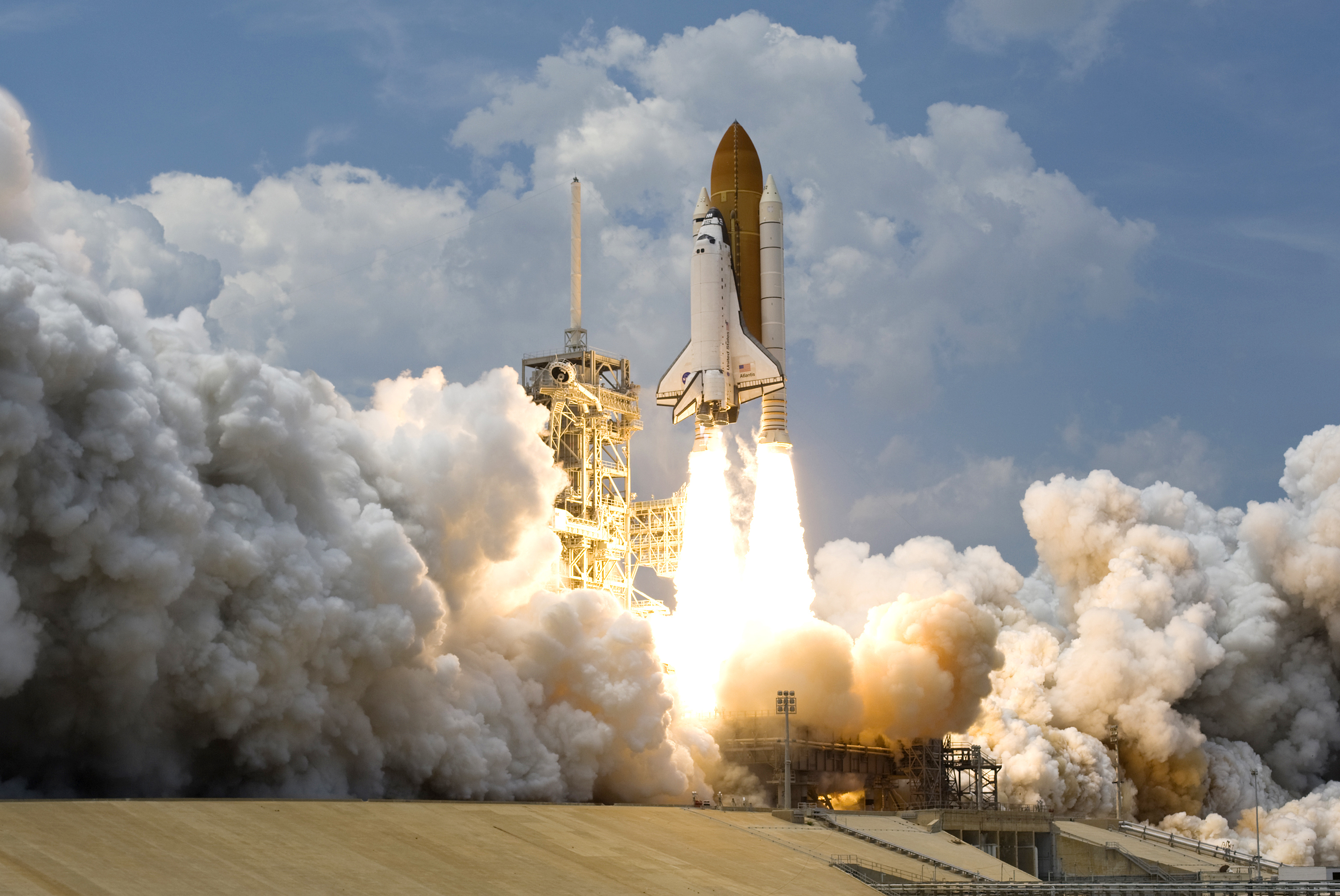
Despite meticulous preparation, space travel is inherently unpredictable. Embracing the unknown and being adaptable is crucial for a successful space tourism experience. This involves developing problem-solving skills, enhancing your ability to remain calm under pressure, and cultivating a mindset open to new experiences. Participating in simulations and training exercises that mimic the unpredictability of space travel can help develop these skills. Additionally, learning from the experiences of astronauts and space pioneers can provide valuable insights into navigating the challenges and uncertainties of space travel.
11. Anticipating the Return to Earth
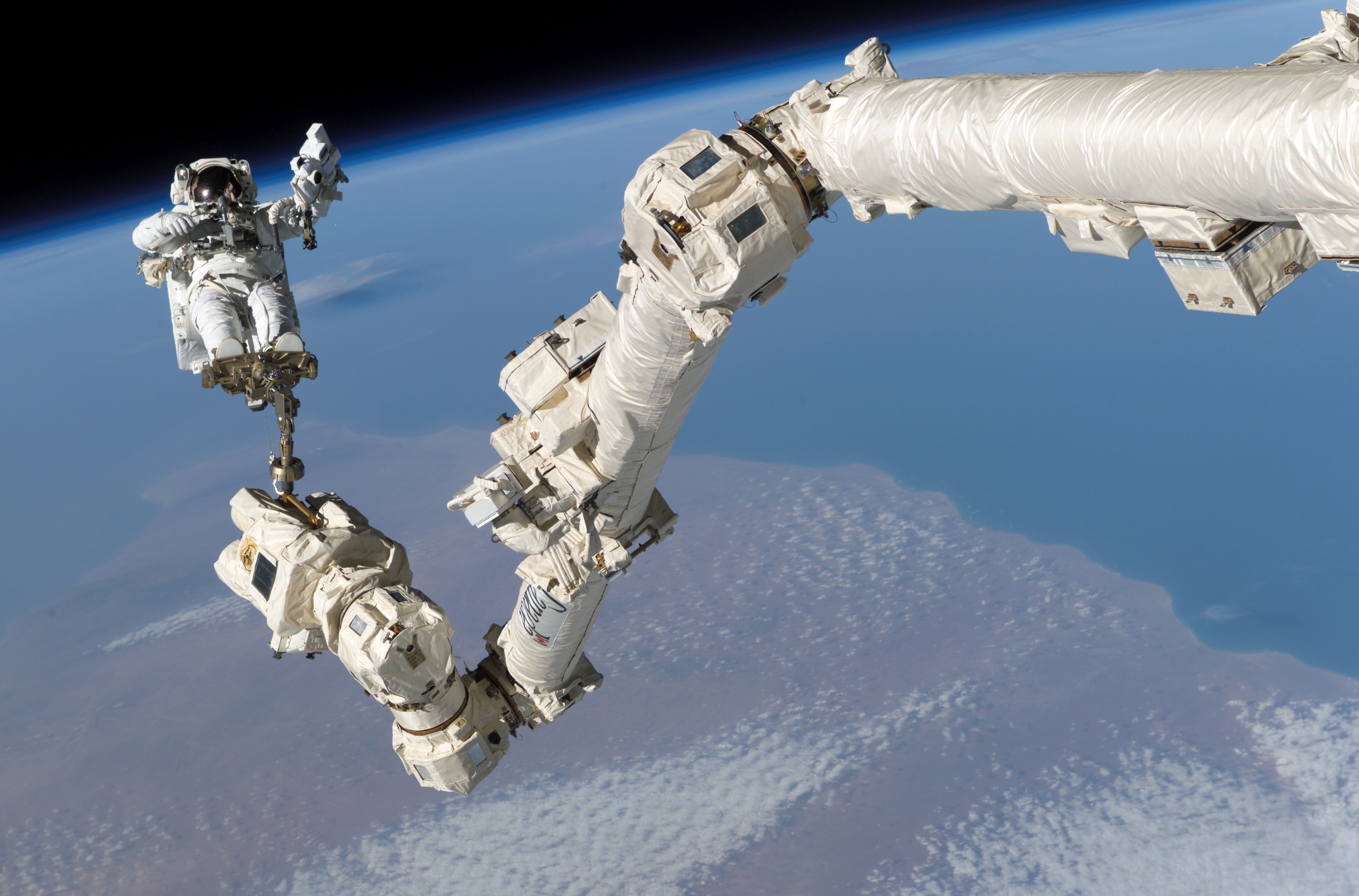
Returning to Earth after a space adventure can be a profound and transformative experience. Preparing for this transition involves understanding the physical and psychological effects of re-entry and readapting to Earth's gravity. Engaging in post-flight rehabilitation programs, which focus on physical recovery and psychological adjustment, can ease this transition. Additionally, reflecting on your journey and sharing your experiences with others can provide a sense of closure and fulfillment. Anticipating the return to Earth ensures that your space tourism adventure is not only a remarkable journey but also a meaningful and transformative experience.
Space tourism represents a new frontier in human exploration, offering unprecedented opportunities for adventure, discovery, and personal growth. By meticulously preparing for this extraordinary journey, you can ensure that your adventure beyond Earth is safe, enriching, and transformative. From understanding the fundamentals of space travel to embracing the cultural and ethical implications, each aspect of preparation contributes to a deeper connection with the universe and a more profound appreciation of our place within it. As you embark on this remarkable journey, remember that space tourism is not just about reaching the stars, but about expanding the horizons of human experience and understanding.



